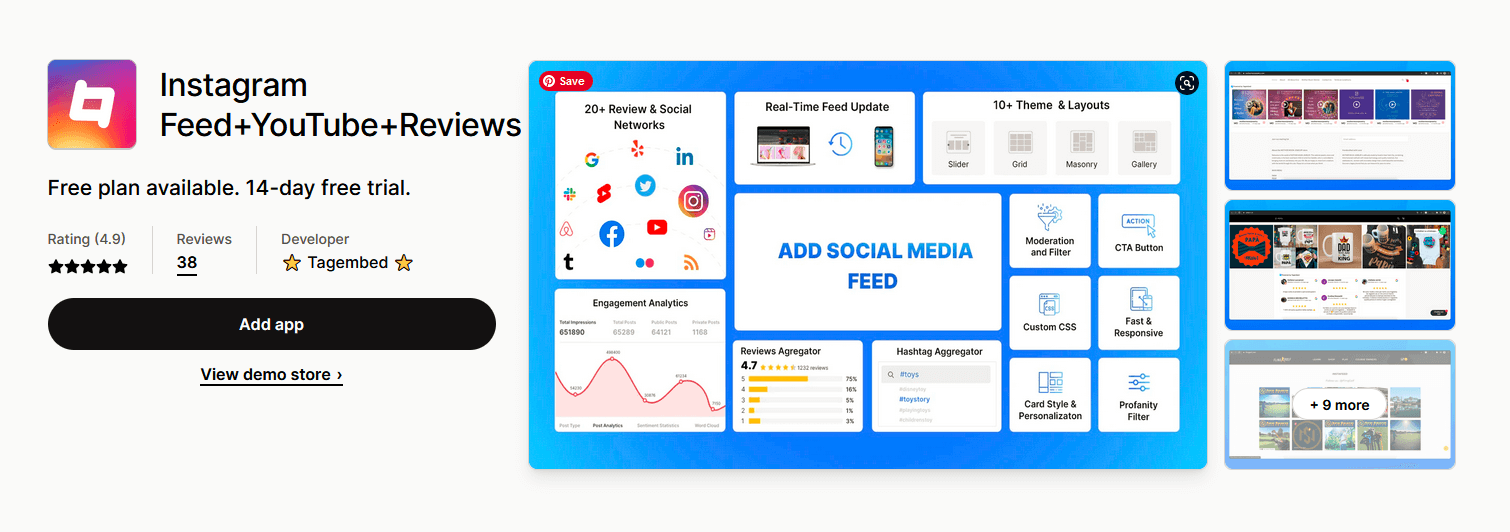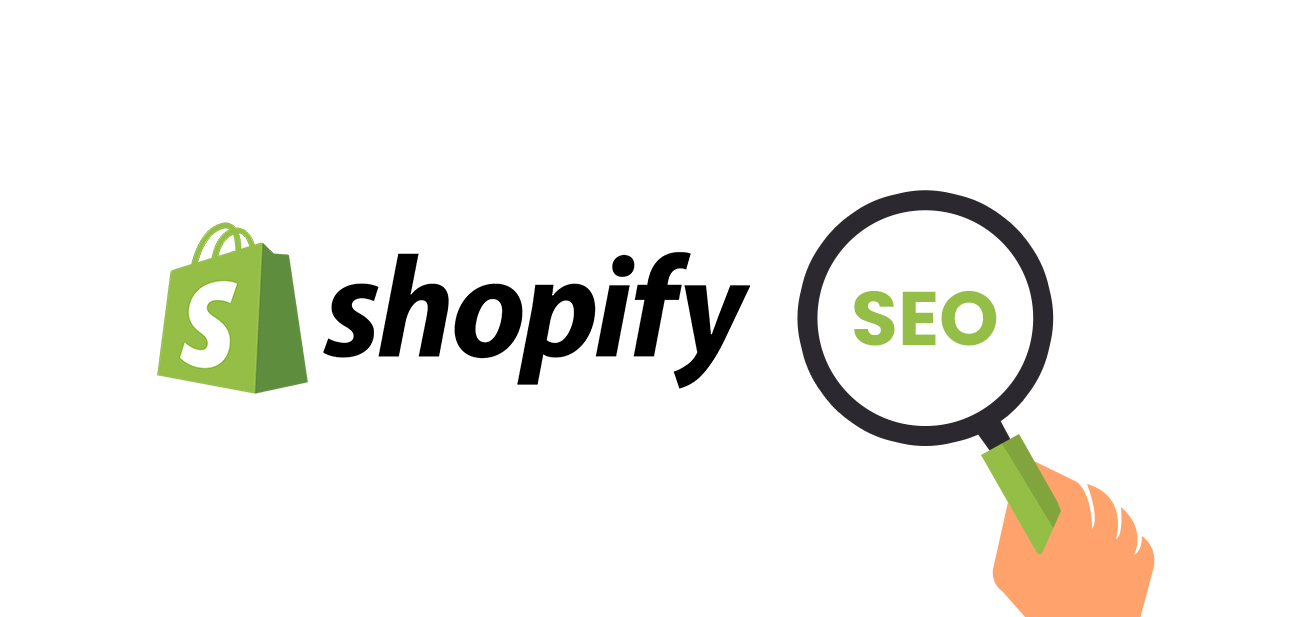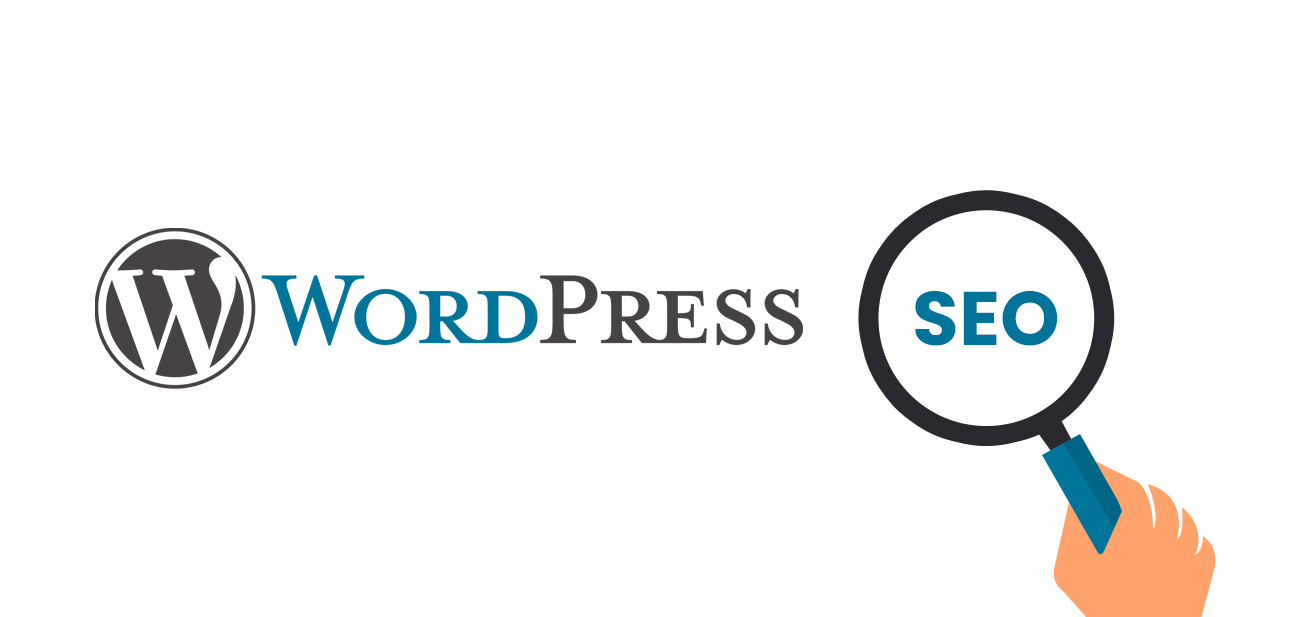Shopify vs. WordPress SEO: Which One is Best for You in 2024
Shopify vs. WordPress SEO: An Overview
We are in the age of content management systems. You do not have to have adept coding skills to create your website. With a content management system, you can have your website up and running in just minutes.
The convenience brought by content management systems has spurred their popularity. Come to think about it- in 2011, about 76% of websites were hand-coded. Today, with the availability of versatile CMSs such as WordPress and Shopify, that figure has dropped to 36%.
However, the availability of many content management systems has introduced another challenge. Choosing the best CMSs for your unique website and content management needs has become difficult. In this Shopify vs. WordPress SEO review, I will walk you through the nitty-gritty details of each CMS. You will learn more about Shopify vs. WordPress SEO, and the pros and cons of each CMS from an SEO point of view.
Use Tagembed To Make Your Website More Charming & Functional
Try For FreeA). Shopify SEO:
Here are some Shopify SEO related statistics you should know:
- According to figures from SimilarWebs, Shopify recorded 63.3M visits in July 2020.
- The average visit to a Shopify store lasts between three to six seconds. This is according to Hostsorter.
- According to figures from Littledata, the average conversion rate for a Shopify store stood at 1.3% as of May 2020.
As you will notice from these figures, Shopify is on the course of establishing itself as a powerhouse platform for eCommerce. The platform is built to cater to the needs of non-technical users. It provides an easy-to-use solution that is intended to work without many configurations.
Moreover, you also have the option to beautify your store and make it more functional by using Shopify apps. Instagram Feed+YouTube+Reviews by Tagembed is one of the prominent Shopify apps that helps you in this cause. The app allows you to collect feeds from different social media platforms and helps you display them on your website. So, whether it’s an Instagram feed, Facebook feed, Twitter feed, Google reviews feed, or 20+ other social feeds, the app allows you to add them to your Shopify store smoothly.
For businesses looking to leverage the best of Shopify’s SEO capabilities, Shopify Plus development offers advanced features and customizations that can significantly enhance your online store’s search engine visibility.

B). WordPress SEO:
WordPress was launched in 2003 and has held a dominant share of the CMS market. According to W3Techs, WordPress occupies huge chunks of the CMS market, with over 63.9% market share. The platform also enjoys about 43% of usage.
One SEO fact I love about WordPress is that it allows users to create highly customizable websites. It also has many plugins that can be used to play other roles. Although WordPress might be hard to use, unlike other platforms such as Shopify, the tradeoff is its customization abilities, especially from an SEO point of view.
There are various WordPress plugins as well that not only help you from an SEO point of view but also help to improve website performance. A social media feed by Tagembed is one such WordPress plugin. With the help of this WP plugin, you can aggregate social media feeds from 20+ platforms like Instagram, Facebook, Twitter, TikTok, Google reviews, etc., and display them on your website. You can also embed blog posts on your product pages. There are a variety of SEO tools for bloggers you can also use to further boost your blog. Alongside making the website charming and SEO friendly, the plugin also has some added amazing features & layouts that help beautify the website and make it more functional.

Shopify vs. WordPress SEO – The Complete Details
The best way to approach this Shopify vs. WordPress SEO topic is to have a clear picture of the individual pros and cons of each content management system. This section will review the pros and cons of Shopify and WordPress SEO. By the time you are done reading this section, you will have decided which platform you want to work with.
A. Pros of Shopify SEO:

1. Fast Load Speeds –
Google uses load speeds as one of its ranking factors. To add to that, most website visitors prefer sites that load faster. In fact, according to a Google report, 53% of web visitors will leave a website if it takes more than three seconds to load.
Shopify excels in page load speeds. Online stores using Shopify tend to have higher loading speeds than other self-hosting content management system such as WordPress. However, why does Shopify excel in website speeds than other CMSs?
Shopify is built on a lightweight and less resource-intensive architecture. Secondly, because all Shopify stores are hosted on their platforms, their backend server technology optimizes their computing power to ensure fast loading speeds.
2. SSL Certificates –
We all know how crucial the aspect of security is to a website. You need an SSL certificate, such as single, multi-domain, Code Sign, and wildcard SSL. If the website, for example, has unlimited subdomains then, wildcard SSL like Comodo Positive Wildcard SSL, and RapidSSL Wildcard are the best choice to safeguard your data against hackers and malicious actors. Google uses the presence of SSL certificates to rank websites. In other words, websites with SSL certificates (HTTPS) will appear on top of websites without SSL certificates (HTTP).
The good thing with Shopify is that they automatically include the SSL certificate on their package, regardless of whether you have registered your domain through them. This is why Shopify stores use top-level SSL certificates. Shopify SSL certificates save you from heavy SEO penalties, come at budget-friendly prices, and provide steady site encryption that protects your site from security breaches. Shop owners looking to boost visibility may also benefit from a professional SEO service to further enhance their site’s search engine performance and credibility. Additionally, those using custom domains need to set up Shopify DMARC for email security and enhanced email deliverability.
3. Mobile Optimization –
Most people often use their mobile devices to go to websites. The second quarter of 2022 recorded 58.99% traffic from mobile sites. With so much traffic originating from mobile devices, having a mobile-friendly website is no longer a choice but a must-have aspect. As if that is not enough, search engines use mobile compatibility as one of the ranking factors. You will be disadvantaged if your site fails to work properly on mobile devices.
The Shopify architecture ensures your site is built for mobile compatibility. With this, you will certainly receive high rankings in search engine results on pages.
4. Plenty of SEO Apps –
Shopify’s App Store offers a wide range of SEO apps that will optimize the efficiency of your SEO strategy. An app like the Avada SEO suite will help optimize your SEO strategy and earn higher rankings in the SERPs.
B. Cons of Shopify SEO:
1. Limited Customization –
Shopify makes it hard for its users to leverage customization. The platform is created in such a way as to be as user-friendly as possible. Whereas this is a good thing, it comes with so many repetitive aspects of SEO, which might be hard to eliminate. Furthermore, refining these aspects to meet specific user needs is not that easy.
2. Limited Blogging Ability –
We can never underestimate the value of website content in SEO, as engaging and rich content directly impacts your SEO. Blog sites allow website owners to incorporate keywords, backlinks, and other excellent SEO aspects.
The bad thing with Shopify is that it lags in blogging. Although it is possible to have a blog site on your Shopify site, it almost sounds like an afterthought, and sure it is. Shopify does not have robust blogging features such as those offered by WordPress, but that doesn’t mean you can’t make the most of it with one of the best Shopify blog themes.
3. Limited Customization for the URL Structure –
You must have an optimized URL link structure on your website. Messy or illogical, Unlike WordPress, Shopify does not bring many options for customizing your store’s link.
4. Costly Option –
The Shopify vs. WordPress SEO topic cannot be completed without mentioning the price aspect. Shopify is expensive. A basic package will cost you about 29 U.S. dollars per month. Factor in what you’ll need to pay for essential apps (like those that enhance accessiblity and security), that total sum will be considerably higher. That is quite expensive, especially for a startup working on a fixed budget.
Use Tagembed To Make Your Website More Charming & Functional
Try For FreeC. Pros of WordPress SEO:

1. Easily Customizable –
WordPress is designed to ground up with SEO in mind. Unlike Shopify, WordPress offers many plugin options that allow you to easily and quickly access your platform’s design. Unlike restricted access, which is the case for Shopify, WordPress enables more SEO optimization with its customizable abilities.
2. Excellent URLs for SEO –
WordPress allows users to change their paper link URL to meet search engine requirements. For instance, unlike Shopify, which requires all second-level domains to have a single site name, WordPress allows users to have clean, top-level domain structures.
3. Several SEO Plugins –
Running an eCommerce store on WordPress gives users access to several plugins that help to optimize search engine optimization. A good example is the Yoast plugin, which is by far the most popular SEO optimization tool. With WordPress, you can be sure to have a plugin for everything.
4. Robust Blogging Support –
Unlike Shopify, blogging with WordPress is very easy. WordPress is a blogging platform that helps with all blogging needs. Running a WordPress-based online store allows you to own an SEO content game.
D. Cons of WordPress SEO:
1. Requires More Manual SEO expertise –
For website owners who are not technically inclined, the learning curve for WordPress is higher than that for Shopify. Shopify’s model intends to simplify the task for every online store owner. However, with WordPress, you will need some basic understanding of IT-related aspects, or you might need to hire and consult a tech expert. While focusing on the substantial aspects of SEO for your website, don’t overlook the significance of a creatively thought-out domain name. A compelling and industry-relevant domain name not only enhances your brand’s online presence but can also positively influence your SEO rankings. Utilizing generated domain name suggestions can vastly simplify this process, offering you bespoke and memorable options tailored to your business’s niche.
2. The Challenge with Mobile Optimization –
Although the underlying WordPress is perfectly mobile-friendly, most WordPress themes and plugins are not optimized for mobile compatibility. So you have two options: find an expensive but mobile-optimized theme or a cheaper option but optimize the theme yourself. Moreover, some themes might not allow for optimization, which makes things even more difficult.
3. Slower Site Speeds –
WordPress is self-hosted, and its speeds rely heavily on the hosting server, site plugins, database optimization, and image compression, among many other speed-optimization aspects. So in a battle of speed between Shopify and WordPress, Shopify will carry the day.
The Final Verdict
So which is better, Shopify and WordPress? To be honest, there isn’t any easy answer to this particular question. Indeed, this debate has been ongoing for some time now, and still, there is no precise answer. Both Shopify and WordPress have their unique benefits. Moreover, they also portray some flaws from an SEO perspective. The platform you select will solely depend on the technical competence you need, among many other factors.
If you want a user-friendly platform with little customization, you can choose Shopify. You should consider working with WordPress for a high degree of versatility and usability. The choice is yours to make.
Frequently Asked Questions
Shopify certainly meets all the needs of eCommerce users better, and that is simply because the platform is built in a way that assists in making online stores with ease. Meanwhile, WordPress is a better-established and flexible platform that is built for content production and management.
In layman’s language, the key difference between WordPress vs. Shopify can be termed WordPress as a content management system, whereas Shopify is an eCommerce website builder. In simpler terms, Shopify is made for business owners and has eCommerce features. WordPress is made for bloggers and freelancers – its eCommerce component comes in the form of a plugin.
Considering all the aspects WordPress is one of the best platforms to use for SEO options. And that is mainly because WordPress is a blogging platform. Hence, its SEO options are more optimized than Shopify.
Embed social feed from Facebook, YouTube, Instagram, Twitter on your website, like a PRO
Invalid Email Address